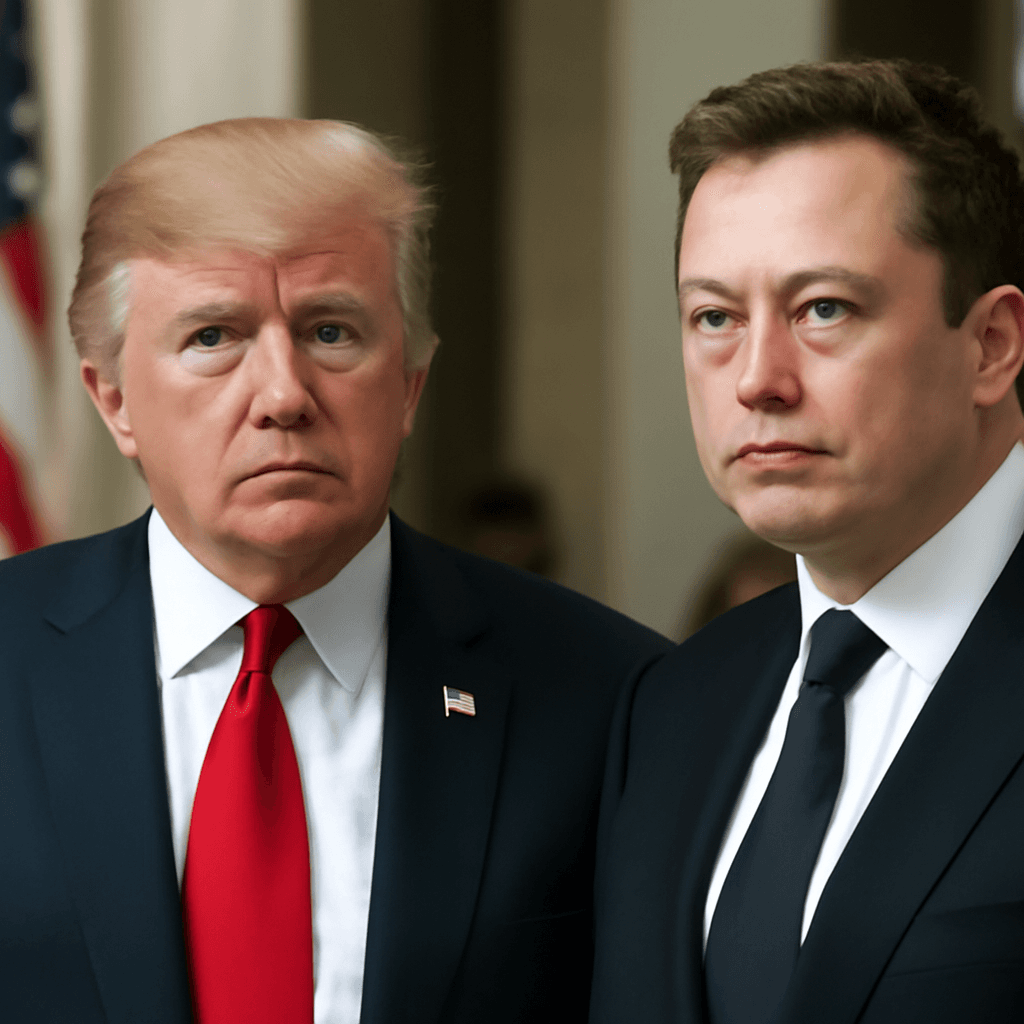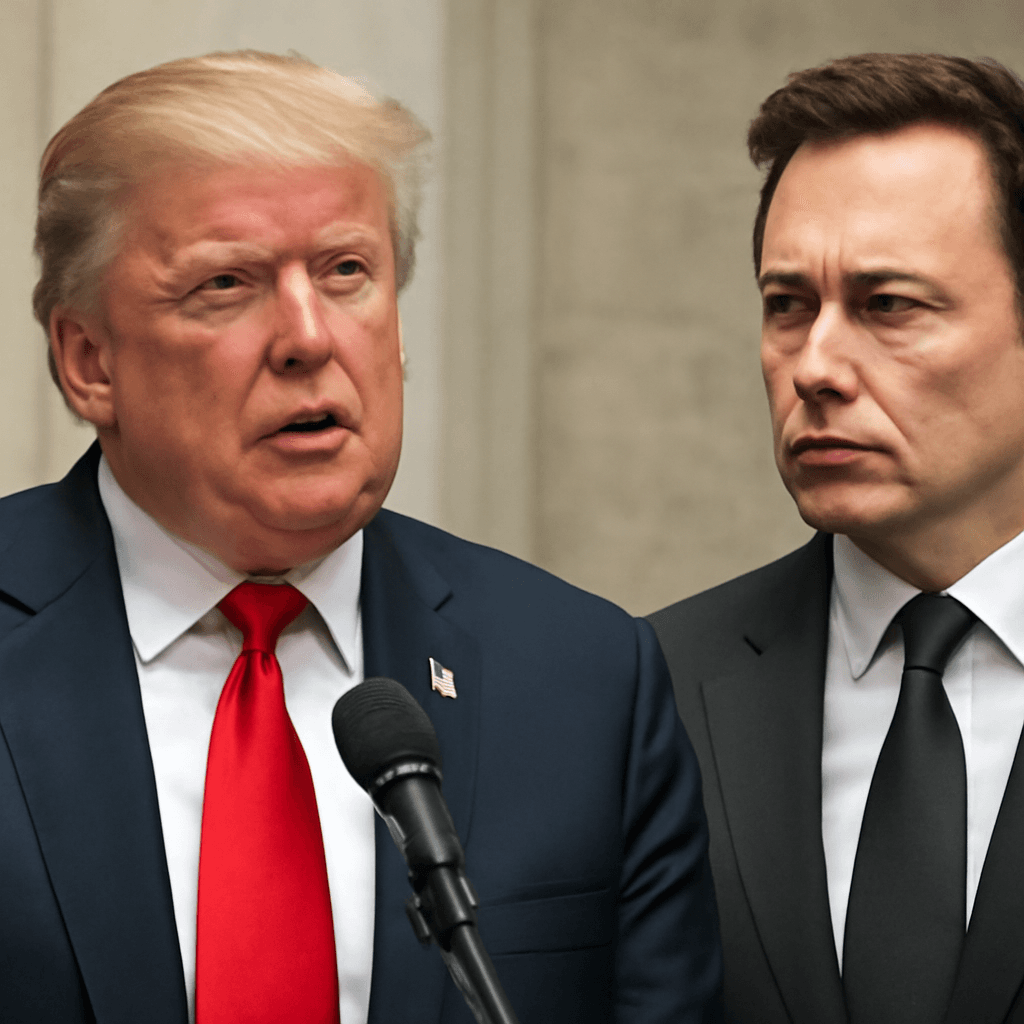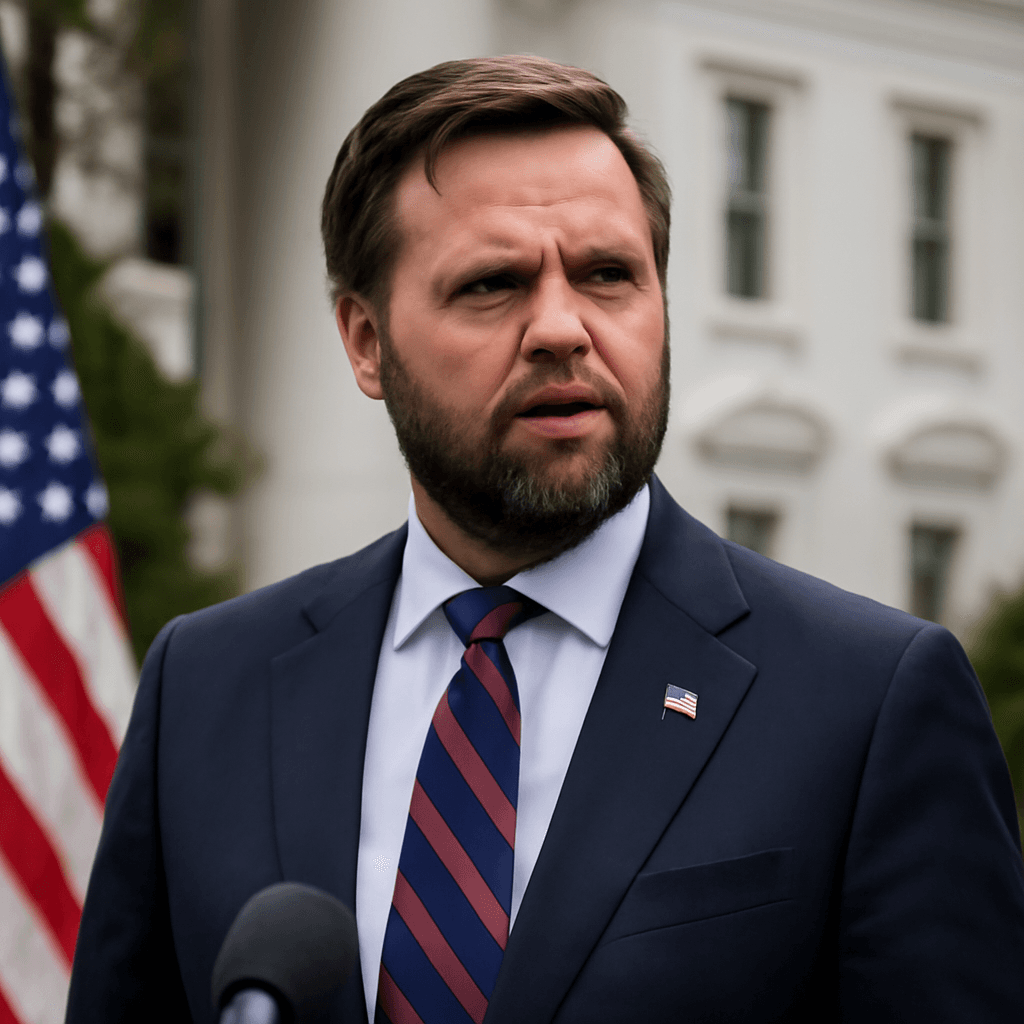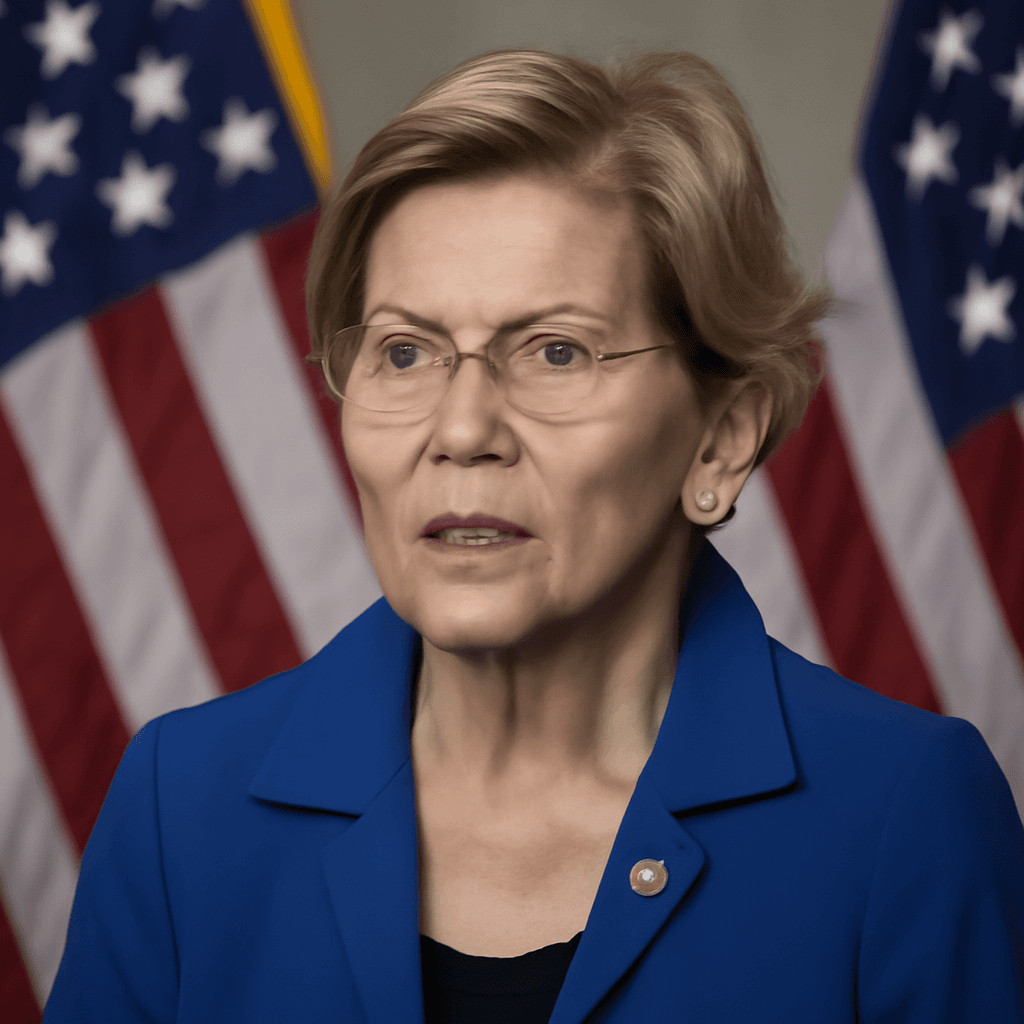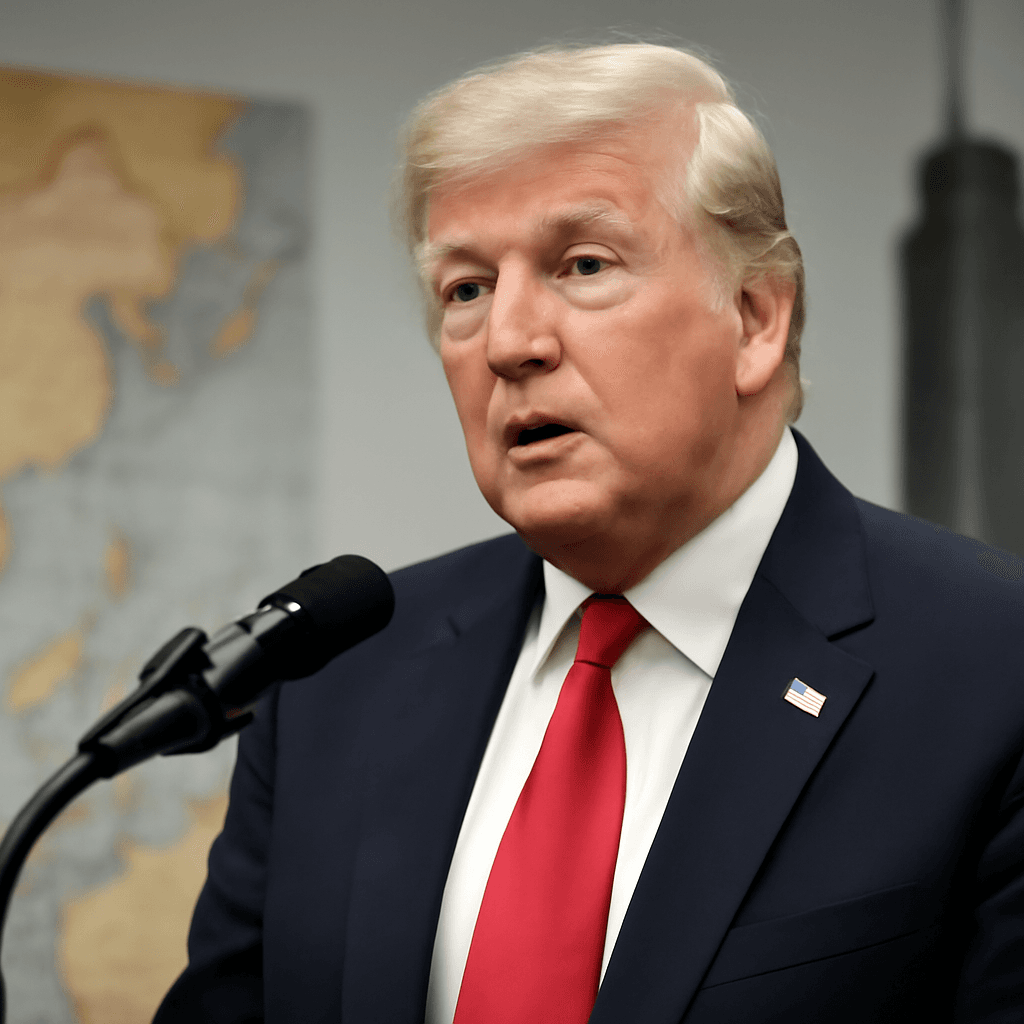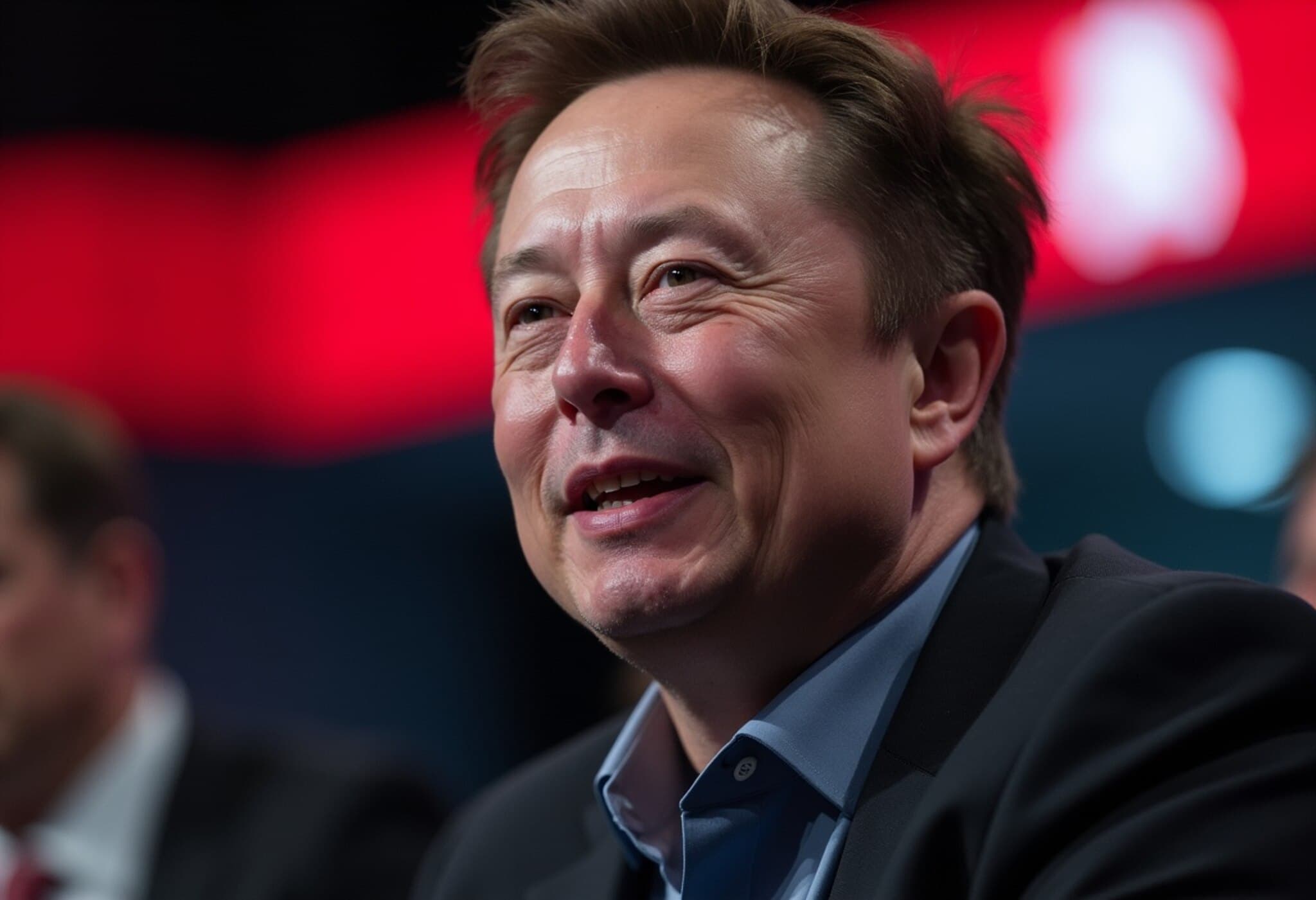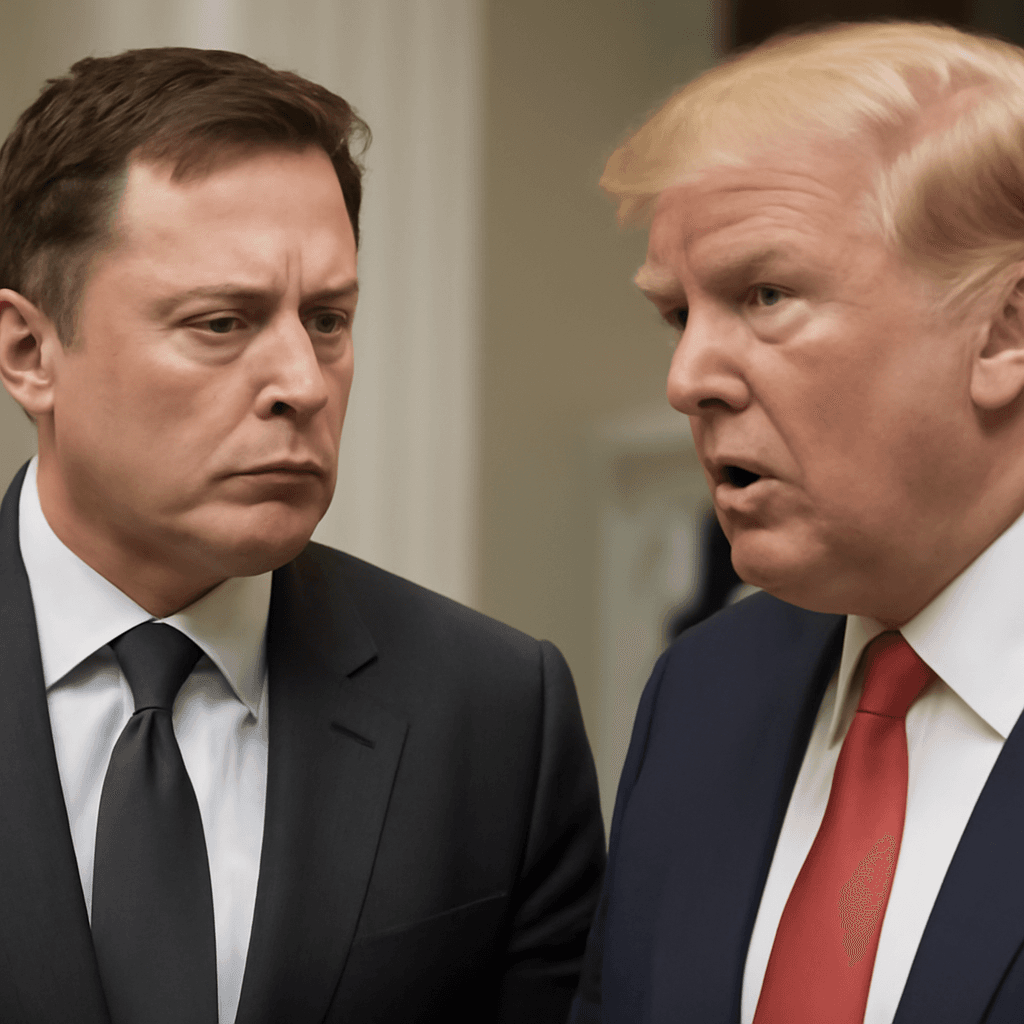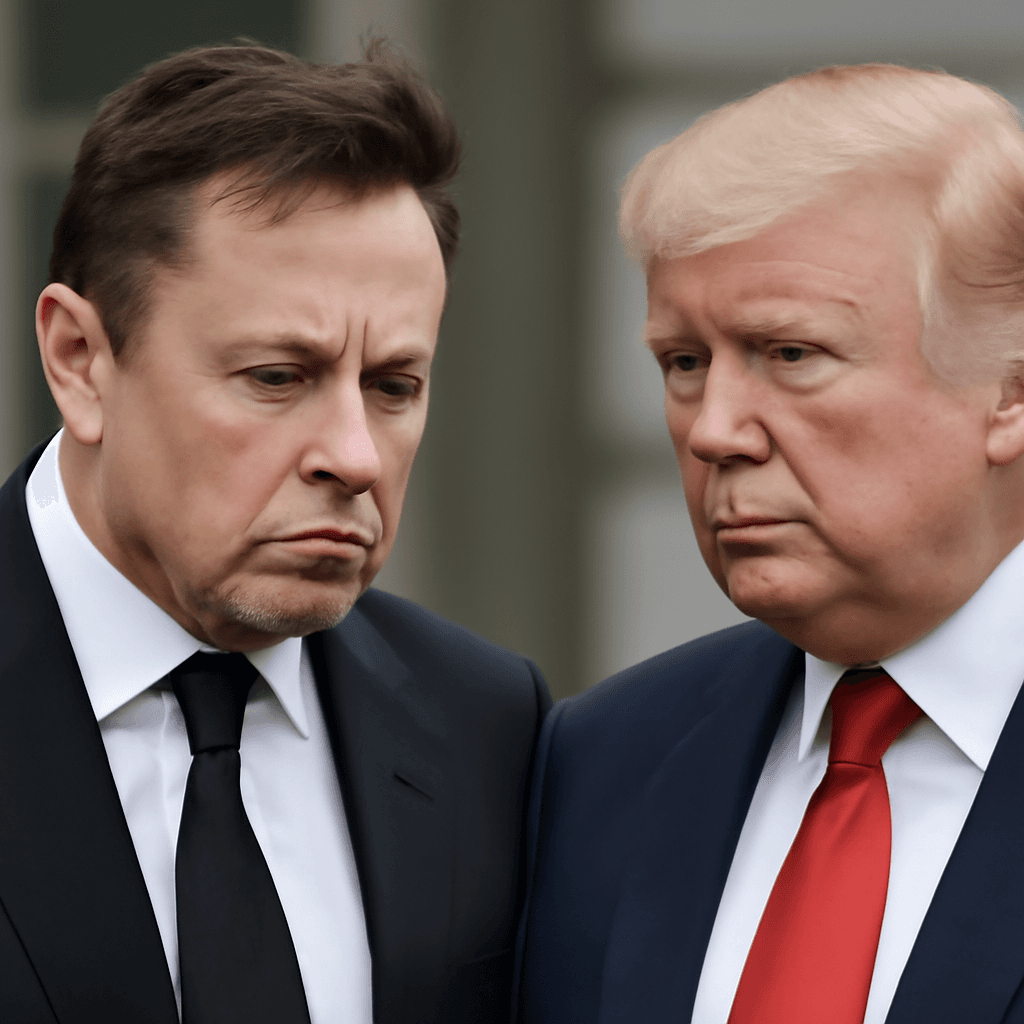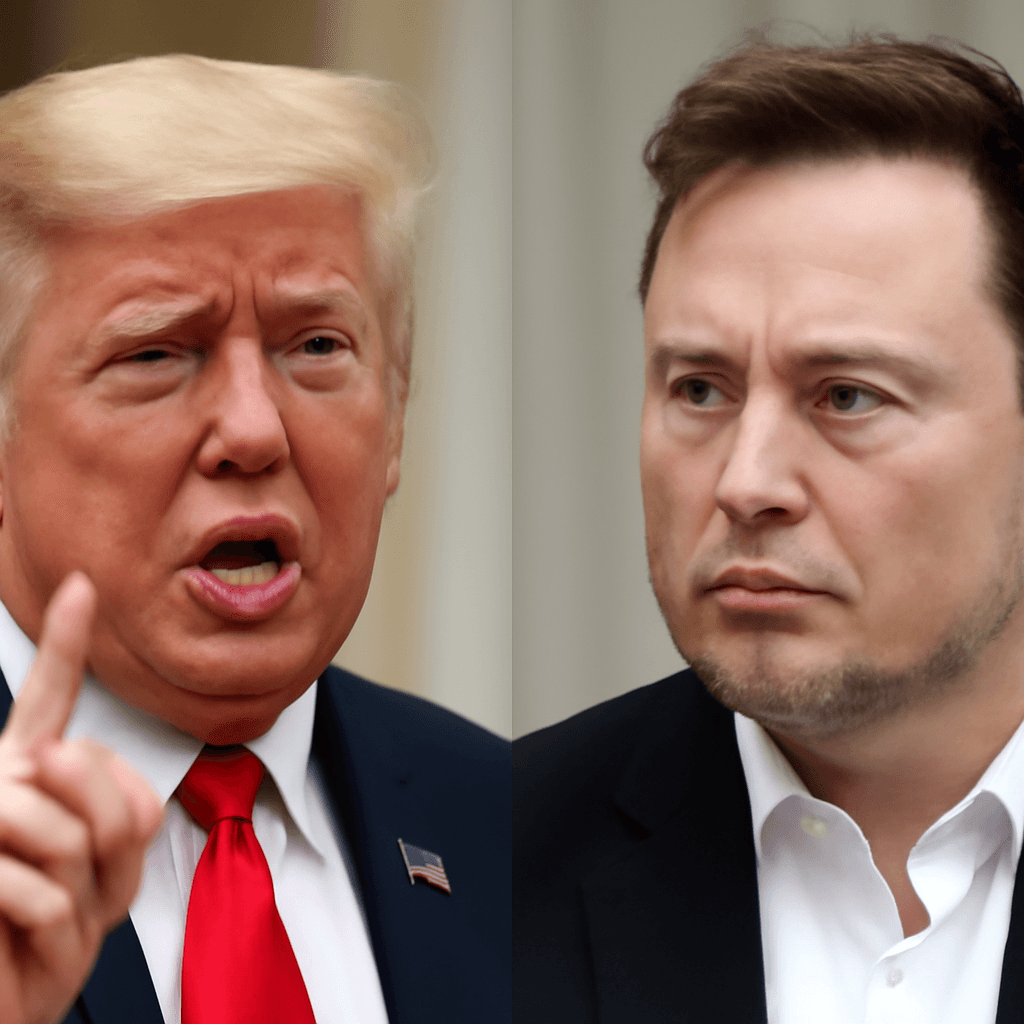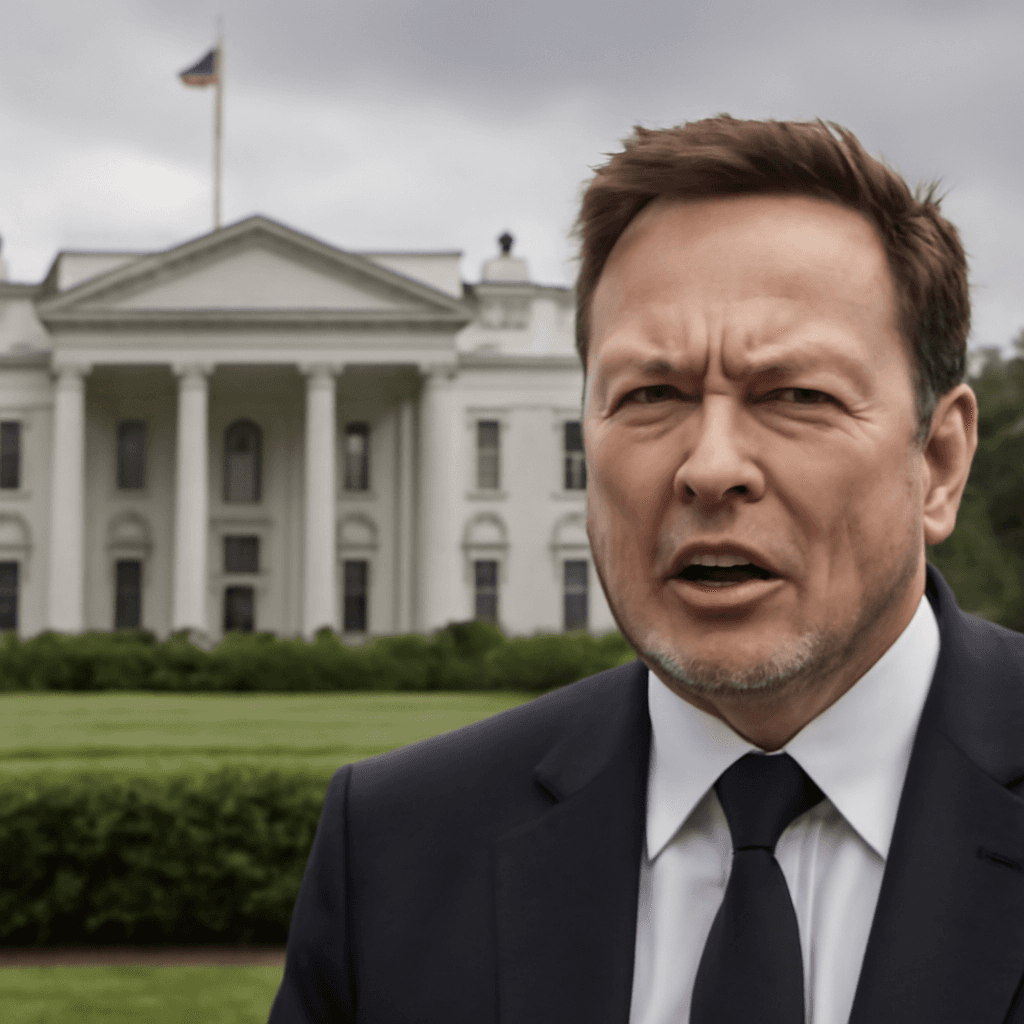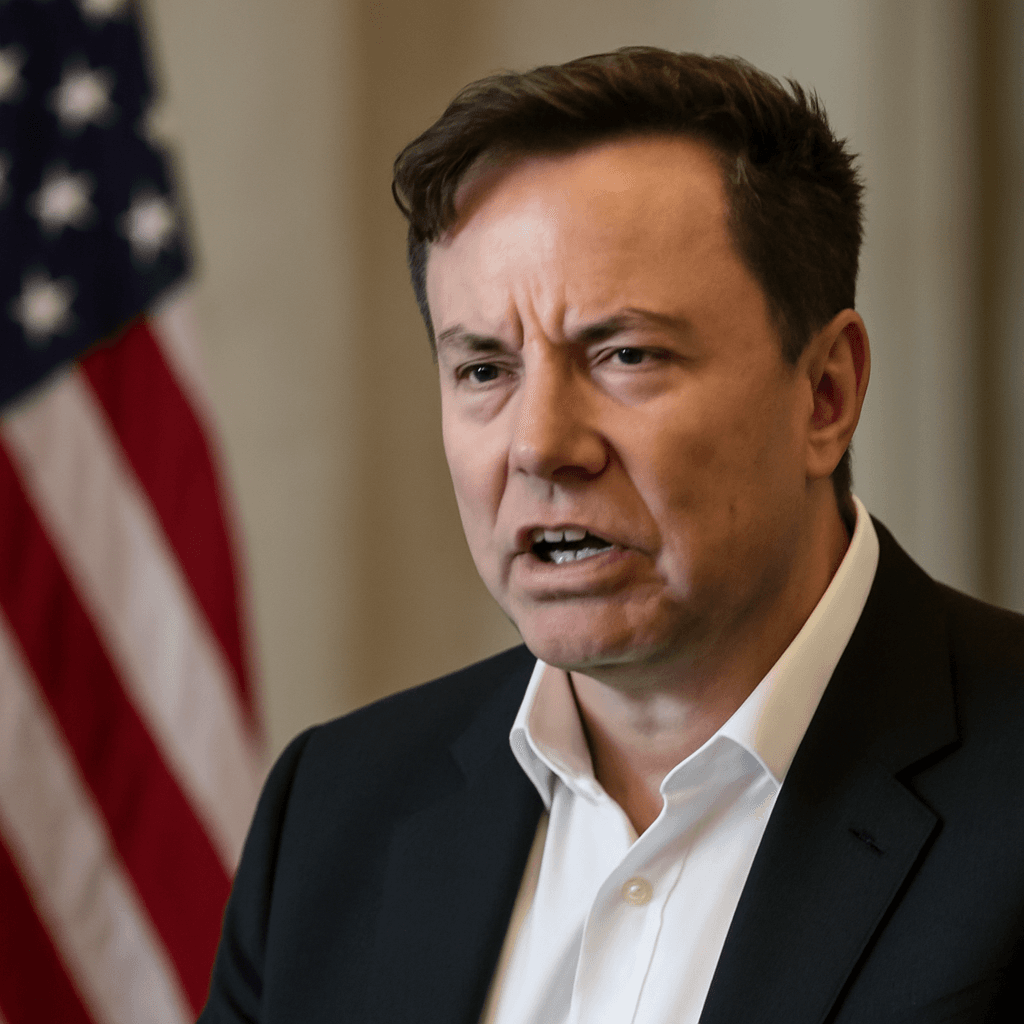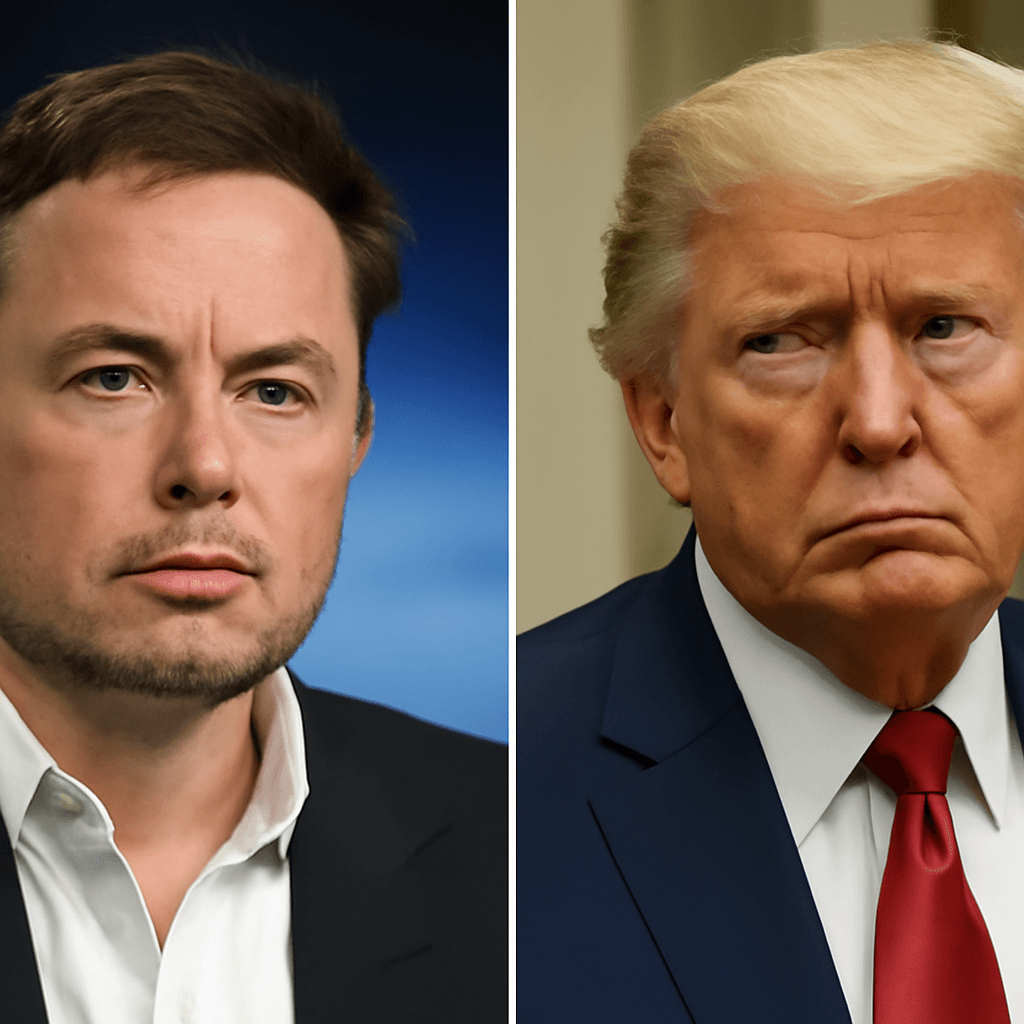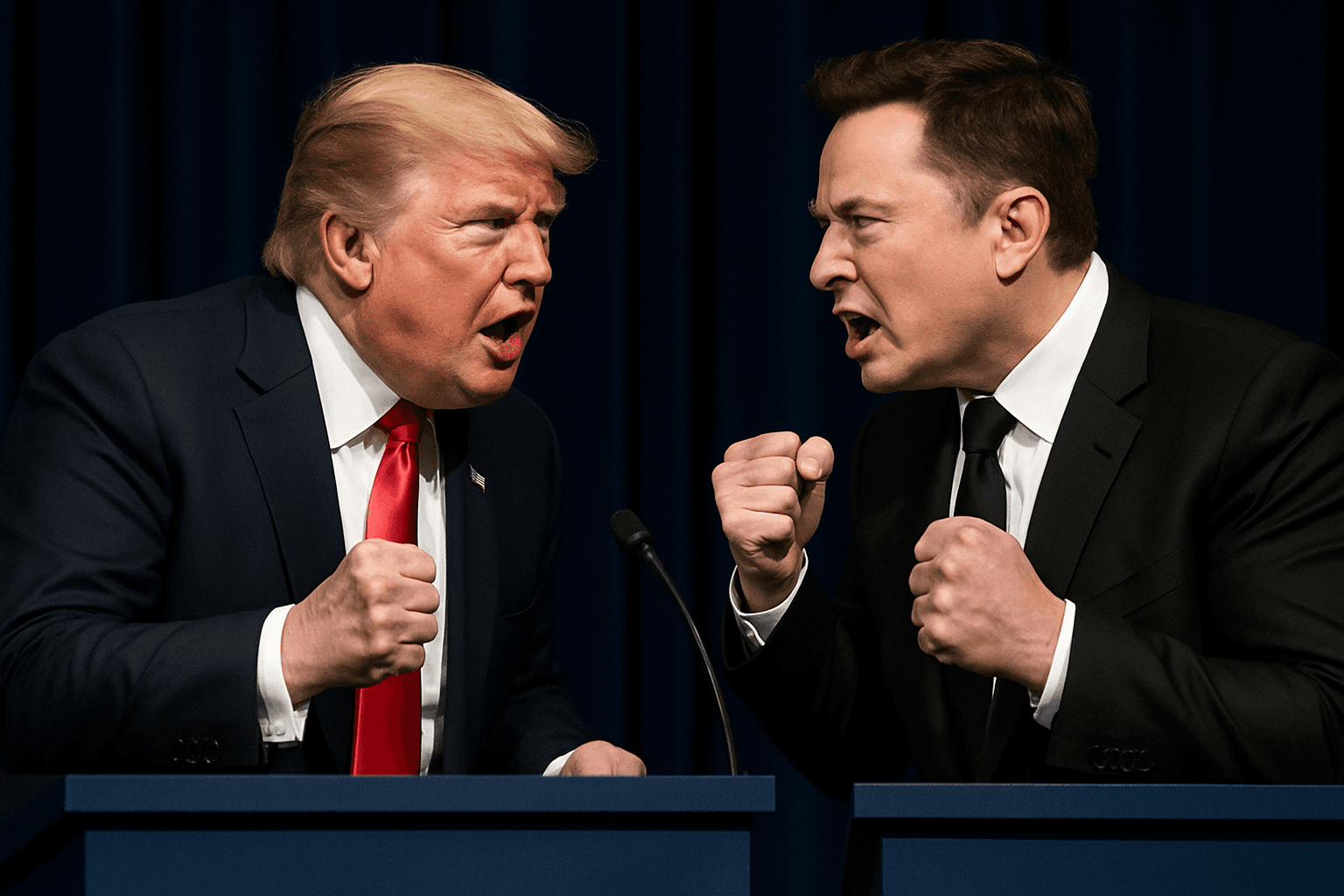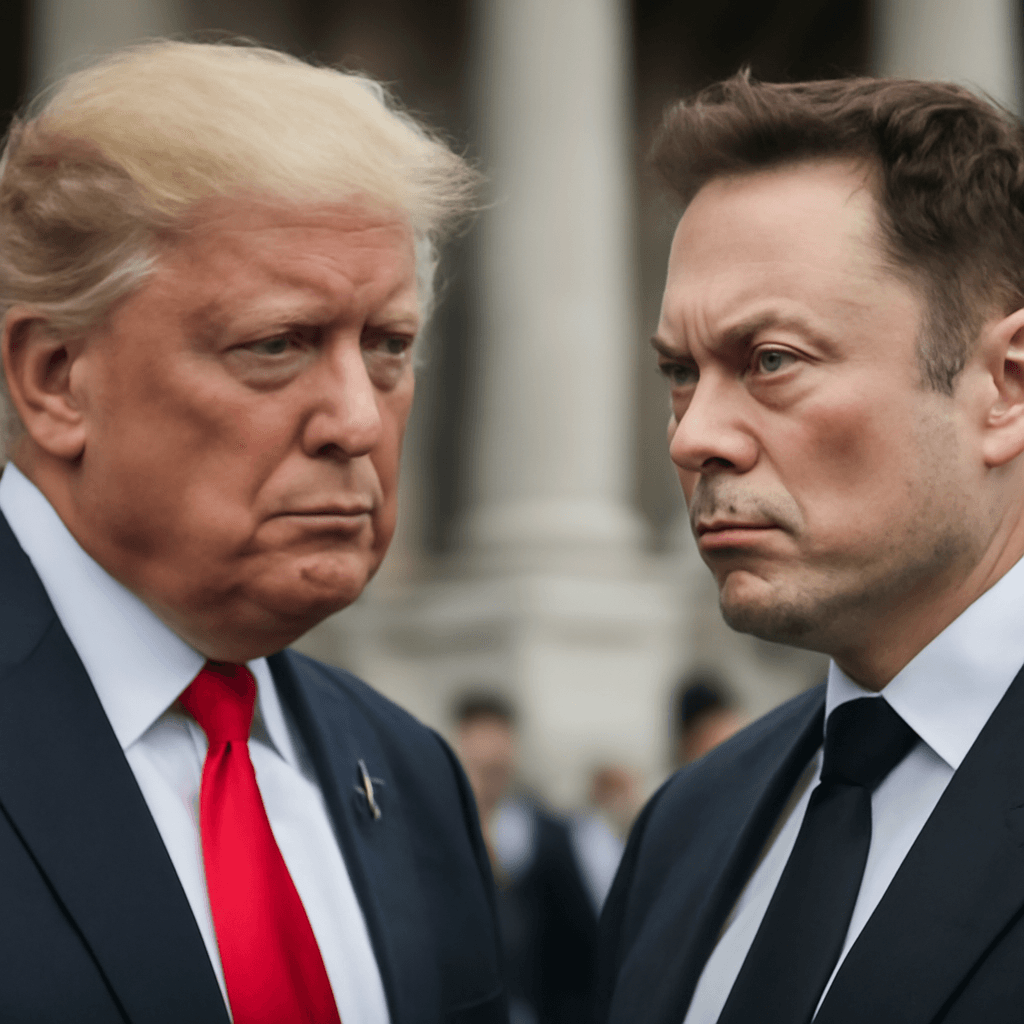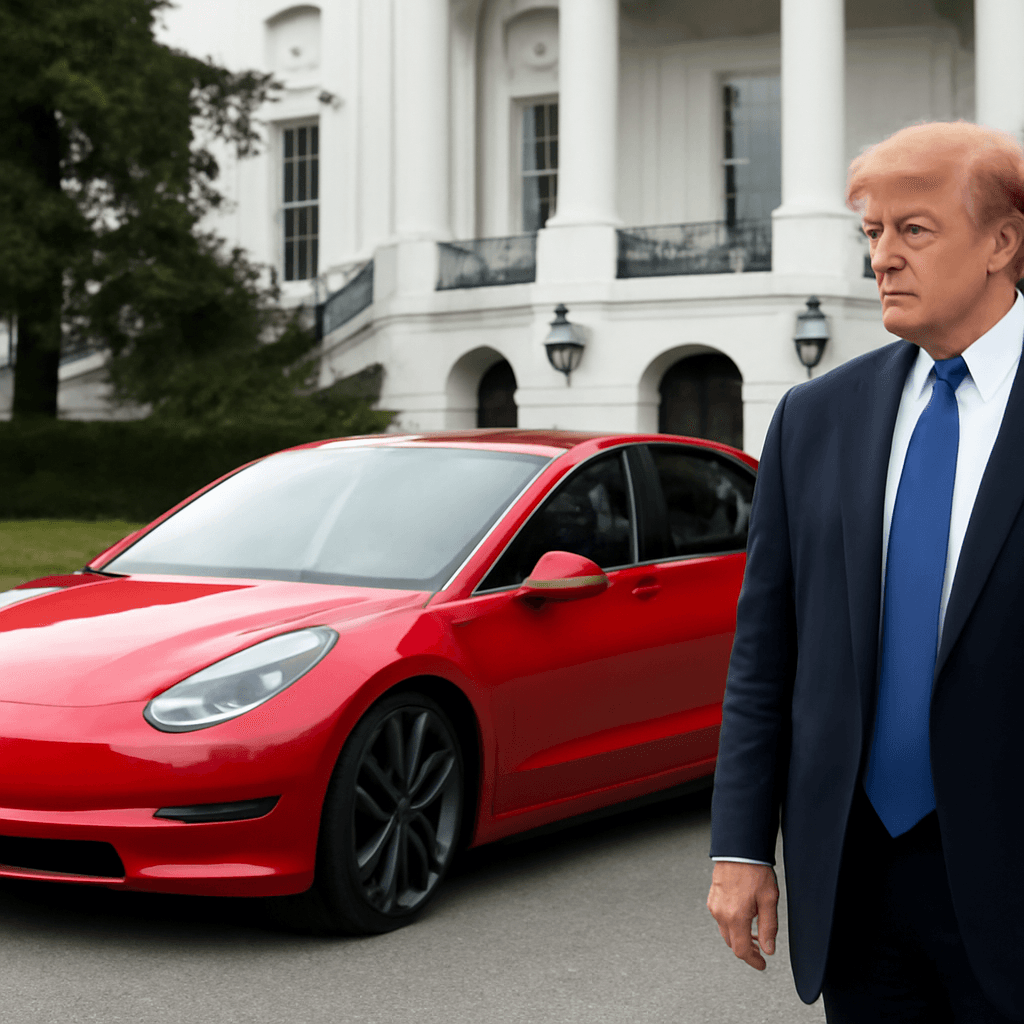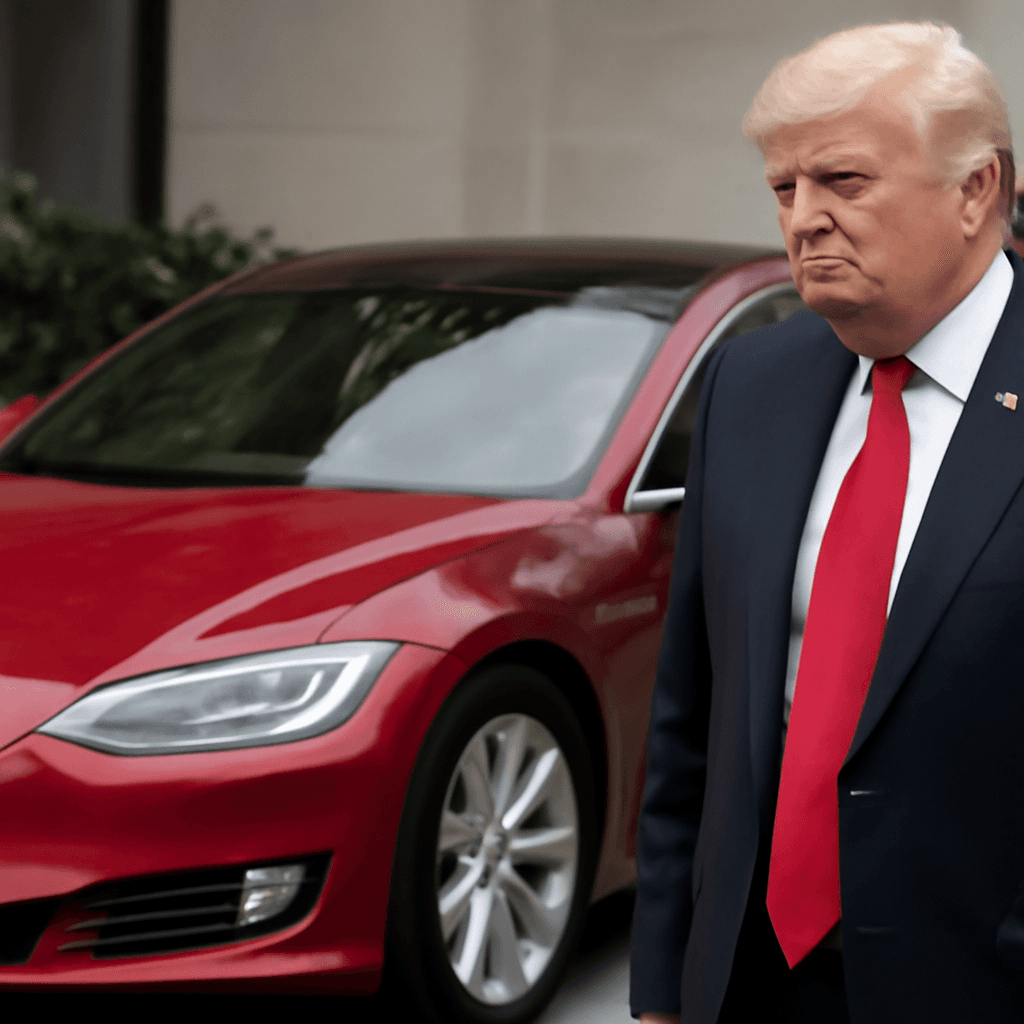Donald Trump and Elon Musk: From Allies to Adversaries
The relationship between Donald Trump and Elon Musk has seen its fair share of twists and turns, culminating recently in a bitter public feud. Once seen as collaborators and even friends, their rapport has dramatically soured following Musk’s fierce criticism of Trump’s latest spending proposal, dubbed the “Big, Beautiful Bill.”
A Timeline of Shifting Alliances
2016: Initial Disapproval
During the 2016 presidential race, Elon Musk made it clear he did not support Trump’s candidacy. Musk described Trump as lacking the character befitting the presidency and openly sided with Hillary Clinton.
2017: A New Chapter Begins
Despite initial reservations, Musk joined Trump’s economic advisory council following his election victory. However, their alliance quickly frayed when Trump withdrew the United States from the Paris Climate Agreement — a decision Musk publicly denounced by resigning from the councils, emphasizing that “climate change is real.”
2022-2023: Mixed Signals and Support
By 2022, Trump was praising Musk, calling him one of the world’s greatest innovators, likening him to Thomas Edison. Musk, in turn, endorsed parts of Trump’s agenda, particularly the US-Mexico border wall, signaling renewed political alignment.
2024: From Support to Splits
- March: Musk initially announced he wouldn’t fund presidential candidates but reversed stance by mid-year.
- July: Musk donated over $250 million to Trump’s re-election campaign after an assassination attempt on Trump.
- August to November: The duo appeared publicly together multiple times, including Musk hosting Trump for discussions on "government efficiency" and attending rallies and SpaceX launches.
- January to March 2025: Musk attended Trump’s inauguration and supported government workforce cuts, while Trump publicly purchased a Tesla and praised Musk as a patriot.
April to June 2025: The Fallout
Tensions escalated when Musk criticized Trump’s new spending bill, calling it a “disgusting abomination” that would swell federal deficits. This led to Musk’s resignation from the Department of Government Efficiency (DOGE), a commission he had previously pledged to serve on.
What followed was a sharp exchange of accusations: Musk lamented the lack of gratitude, claiming his support had been crucial for Trump’s election victory, while Trump threatened consequences, including retracting government contracts.
In a rare cooling gesture, Musk deleted a controversial tweet alluding to Trump’s alleged involvement in the so-called Epstein files, hinting at a potential truce. Still, the relationship remains fractured and uncertain.
What This Means Moving Forward
The once-promising partnership between Tesla’s CEO and the former president serves as a case study in political and personal alliances—how quickly admiration can shift into acrimony in the high-stakes arena of American politics.
As Musk contemplates launching a new political party aiming to represent the moderate majority, the fallout underscores the volatility of political loyalties and the complexities of navigating personal convictions versus political pragmatism.
Key Takeaways
- Their relationship spanned from public disapproval to collaboration and back to conflict.
- Musk has played prominent advisory and financial roles in Trump's political ventures.
- Recent disagreements over fiscal policies sparked a highly publicized and personal dispute.
- This saga highlights the fragile intersection between business, politics, and personal beliefs.

